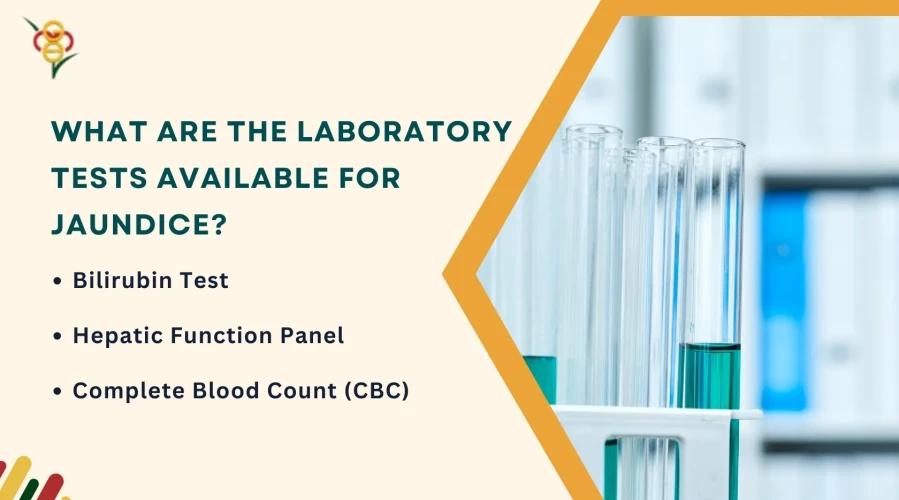Learn what gallstones are, their common symptoms, causes, and treatment options. Discover when to seek medical care and how to manage gallstone complications effectively.
What Are the Laboratory Tests Available for Jaundice?

Jaundice isn't just about having a yellowish tinge to the skin and eyes; it's a medical condition that signifies underlying health issues, often related to the liver. To diagnose this condition accurately, medical professionals rely on several laboratory tests.
Key Tests to Diagnose Jaundice
Bilirubin Test
Central to diagnosing jaundice, the bilirubin test measures the levels of bilirubin in your blood. High bilirubin levels usually indicate a problem with your liver function, which is crucial for filtering out waste and processing various substances in your body.
Hepatic Function Panel
This comprehensive test provides insights into the liver’s condition by checking various markers such as albumin, ALP, ALT, AST, and bilirubin levels. Deviations from the normal range might suggest liver disease or damage.
Complete Blood Count (CBC)
A CBC test helps assess the overall health and detects a range of disorders, including anemia, infection, and other diseases that can lead to jaundice.
Further Testing
Because the liver produces proteins that aid in clotting, this test checks for your blood's ability to clot properly. Abnormal results might indicate severe liver dysfunction.
Ultrasound Imaging
While not a blood test, ultrasound imaging of the liver and gallbladder can help identify physical anomalies like tumors or stones that could be causing jaundice.
Streamlined Diagnosis: How Tests Interact
Understanding the interaction between these tests can provide a clearer diagnosis of jaundice. For instance, if the bilirubin test and hepatic function panel both show abnormal results, further investigation with an ultrasound might be recommended.
If you or a loved one are showing signs of jaundice, it's essential to undergo these laboratory tests promptly. Early diagnosis leads to more effective management of the underlying condition. Should the tests indicate a serious health issue, medical professionals might recommend more specific tests to pinpoint the exact cause and decide on the best treatment plan.
To ensure thorough testing and a correct diagnosis, consider scheduling an appointment with GEM Hospital. They are equipped with state-of-the-art facilities and experienced professionals ready to assist you with your health concerns.
Blogs & Article
Learn about bloating and gas problems, including common causes, symptoms, and effective solutions to improve digestion, reduce discomfort, and maintain gut health.
Learn how unverified Ayurveda treatments may cause liver damage, understand the risks, symptoms, and why medical guidance is essential for safe care.


